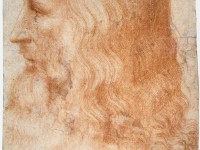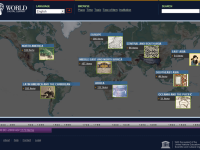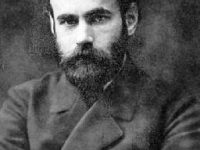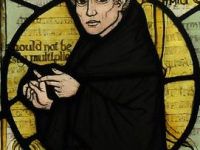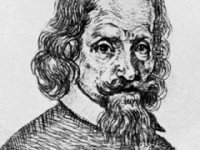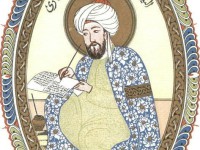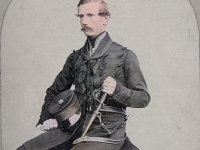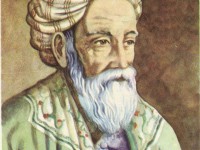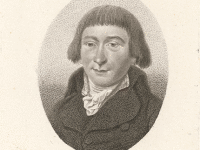Leonardo Da Vinci – the Prototype of a Renaissance Man
On May 2, 1519, Italian Renaissance polymath Leonardo da Vinci passed away. Leonardo’s areas of interest included invention, painting, sculpting, architecture, science, music, mathematics, engineering, literature, anatomy, geology, astronomy, botany, writing, history, and cartography. He has been variously called the father of paleontology, ichnology, and architecture, and is widely considered one of the greatest painters of all time. “Painting is poetry which is seen and not heard, and poetry is a painting…
Read more











